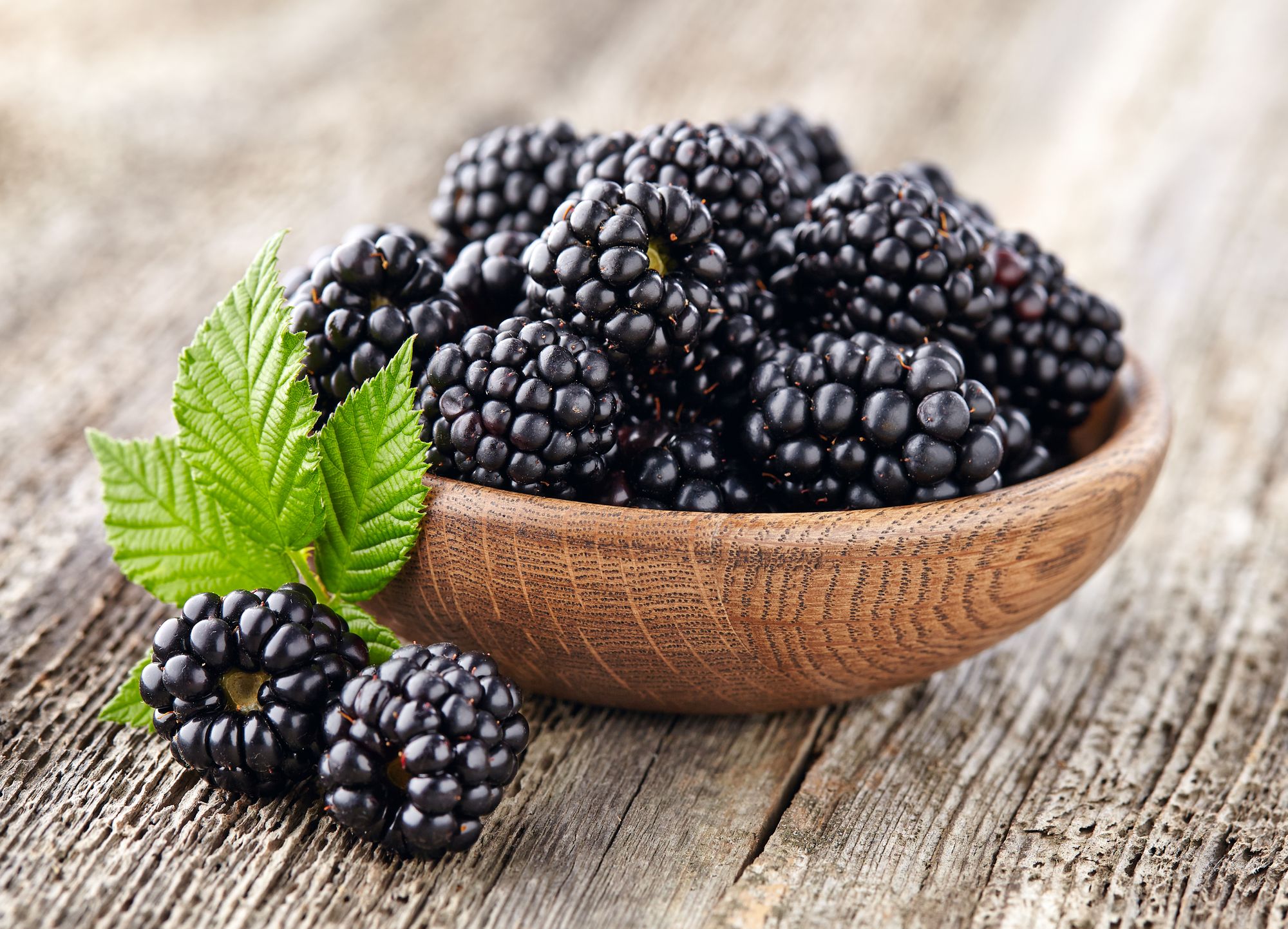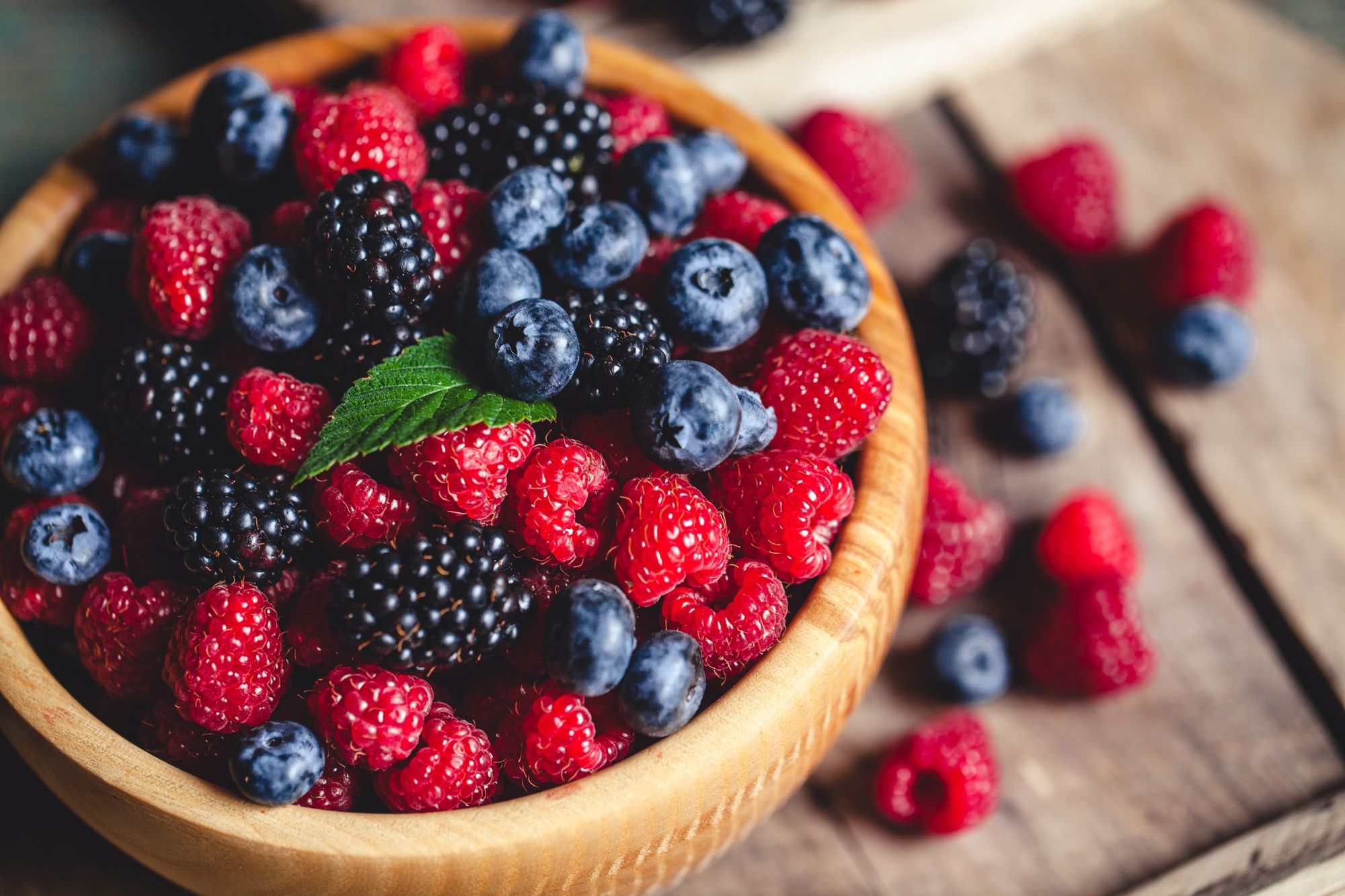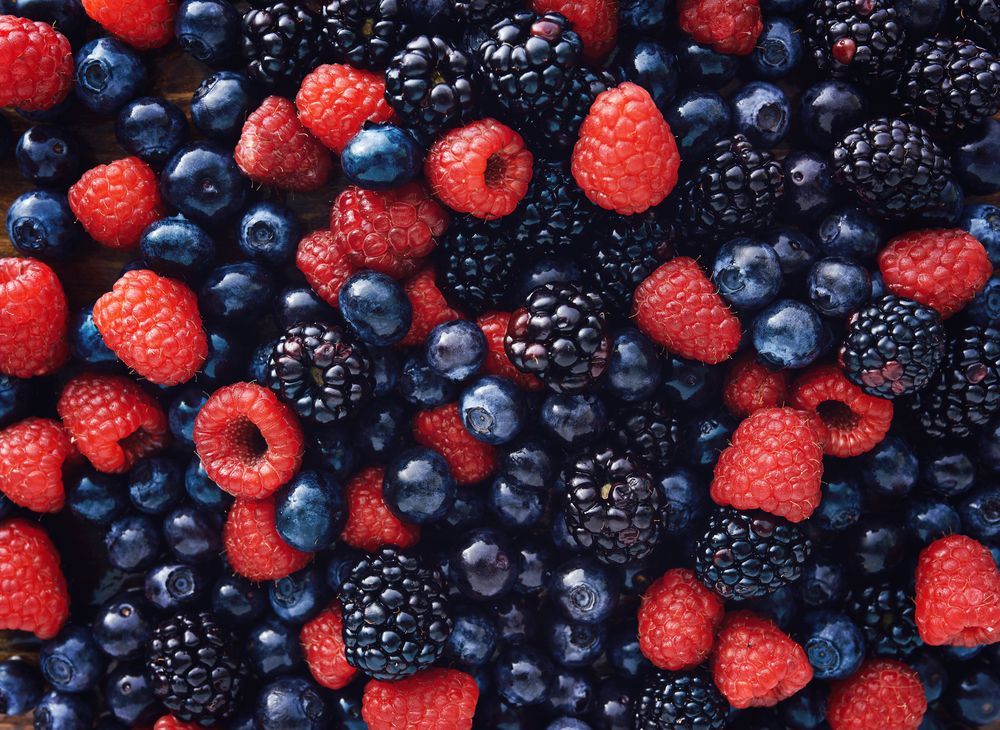Berries stand out as one of the healthiest plant-based foods available. Their vibrant red, blue-black, purple, and assorted colorful shades signify the abundance of antioxidants and flavonoids within them, which contribute significantly to their health-promoting properties. Berries excel when it comes to their comprehensive nutritional profile, potent antioxidant capacity, and their potential to lower the risk of chronic diseases.
In general, commonly consumed berries such as strawberries, blueberries, blackberries, raspberries, and cranberries are packed with vital nutrients like vitamin C, folic acid, dietary fiber, and potassium. Additionally, superfoods like acai, elderberry, and goji berries are also densely packed with nutrients, offering similar health and nutritional benefits. Decades of extensive research consistently demonstrate that berries play a role in reducing the risk of conditions such as heart disease, certain cancers, dementia, and type 2 diabetes, while also helping to manage systemic inflammation, which is associated with various health issues.
While fresh berries may be commonly associated with summer, it's worth noting that they are accessible throughout the year. If you're seeking an economical means of introducing more berries into your diet, consider exploring frozen berry options at your local grocery store. Frozen berries prove to be a versatile choice, suitable for a wide range of dishes including smoothies, muffins, pancakes, cobblers, frozen desserts, parfaits, and various other culinary creations.
1) Your Dietary Quality Will Experience an Enhancement

Berries stand out as some of the most nutrient-dense plant-based foods you can incorporate into your diet. Varieties like cranberries, blueberries, blackberries, raspberries, and strawberries are not only low in calories (typically ranging from 60-80 calories per cup of fresh berries) but also brimming with a plethora of essential vitamins, minerals, and bioactive compounds crucial for promoting health and preventing diseases. Among the notable nutrients found in berries are fiber, vitamin C, folic acid, potassium, manganese, vitamin K, as well as polyphenols like anthocyanins and tannins. Furthermore, the remarkable aspect is that you can enjoy all these nutritional benefits with relatively few calories, as a one-cup serving of berries typically contains around 60-80 calories, depending on the specific type of berry.
2) Your cognitive Function May Remain Sharper Over an Extended Period

Decades of accumulated data demonstrate that berries possess the potential to support and sustain our memory and cognitive abilities as we grow older. Berries play a pivotal role in the MIND Diet, a dietary regimen renowned for its ability to reduce the risk of cognitive decline. The MIND diet advocates for the consumption of berries at least twice a week. The beneficial impact of berries on brain health is believed to stem from their ability to enhance the vascular function of the brain and mitigate inflammation. An overview article published in Neural Regeneration Research has affirmed that berries offer neuroprotection through a multitude of biological pathways.
3) Moderate Blood Sugar Levels

Thanks to their fiber content and other advantageous bioactive compounds, research indicates that berries can contribute to stabilizing blood sugar and insulin levels, thereby mitigating the fluctuations that increase the risk of metabolic syndrome and type 2 diabetes. For instance, a study discovered that when berries are included as part of a meal or snack alongside other carbohydrates, they can assist in moderating both blood sugar and insulin levels while also improving post-meal hyperglycemia and hyperinsulinemia in overweight or obese individuals with insulin resistance.
Additionally, a study featured in Food and Function disclosed that blueberries played a role in regulating blood sugar levels and reducing the blood sugar response following carbohydrate consumption, particularly among young, healthy study participants.
4) You Could Potentially Extend Your Lifespan

Separate research conducted by scientists from The Harvard School of Public Health and published in BMC Medicine delved into the consumption of higher levels of flavonoids among a cohort of over 100,000 study participants. They observed that those individuals who had the highest intake of flavonoids tended to live longer. Notably, blueberries exhibited one of the most robust associations with a reduced risk of mortality. The study found that for every 3.5 servings of blueberries consumed per week, there was a 5% decrease in the risk of death. The authors suggest that incorporating more flavonoid-rich foods into your diet, including blueberries and other berries, may contribute to adding extra years to your life.
5) You Are Likely to Shed Pounds

Berries serve as an excellent choice for individuals striving to achieve weight loss and enhance their muscle tone. With their low-calorie content and high fiber content, berries are a valuable addition to the diets of those aiming to shed pounds or sustain a healthy weight. A single cup of fresh berries typically contains approximately 60-80 calories and boasts 4 or more grams of fiber, with raspberries leading the pack at 8 grams of fiber per cup. The substantial fiber content in berries aids in promoting satiety by slowing down the digestion process and stabilizing blood sugar levels. Furthermore, when compared to other fruits, berries have lower levels of natural sugars.
In a study conducted by researchers from The Harvard School of Public Health and documented in BMJ, it was revealed that adults who consumed the most dietary flavonoids, which are abundantly present in berries, were less prone to weight gain over a span of more than 20 years. The study's authors concluded that diets rich in flavonoids may contribute to weight maintenance and assist in preventing weight gain among adults.
6) Lower Your Chances of Developing Heart Disease

Berries are hailed as beneficial for the heart because they contain flavonoids, which research suggests play a role in lowering the likelihood of heart disease. The antioxidants they provide and their ability to enhance blood vessel health are thought to be key factors in their protective effects. An analysis of 50 studies featured in 'Frontiers in Nutrition' indicated that a diet abundant in anthocyanin-packed berries markedly decreases the risk of coronary and cardiovascular diseases, as well as mortality linked to heart conditions. Additionally, research highlighted in 'Molecular Nutrition & Food Research' observed that in diabetic animals, those given a berry supplement showed improved vascular function.
7) Your Eyes Will be Healthier

Berries offer anti-inflammatory properties that safeguard your eyes against UV light damage. Research in the 'Nutrients' journal revealed that goji berries boost the density of macular pigment, a marker associated with a lower chance of age-related macular degeneration, a prevalent cause of blindness in the elderly. Goji berries contain zeaxanthin, a crucial carotenoid found in the macula that defends against UV-induced oxidative stress. Common berries also contribute to eye health by supplying vitamin C and additional antioxidants that preserve vision through the aging process.

